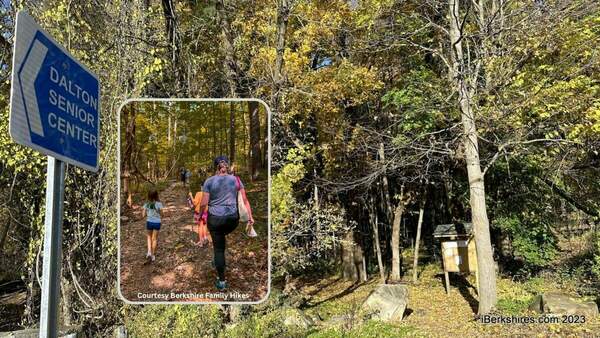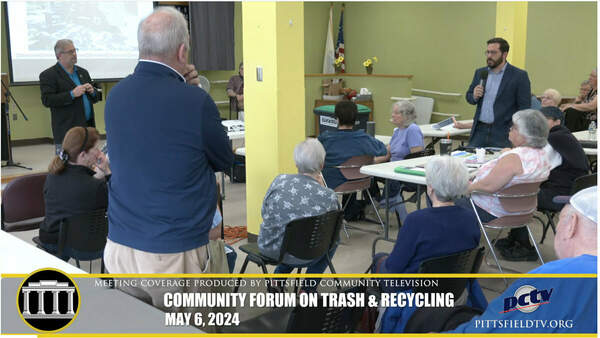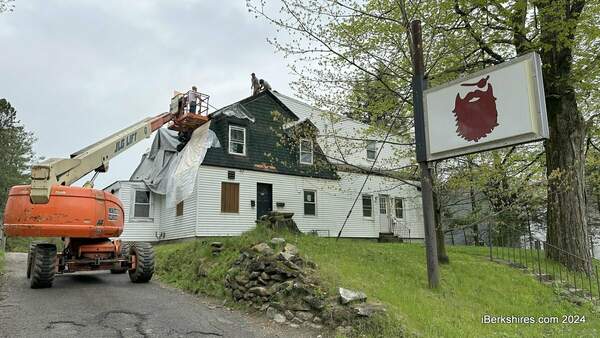Pittsfield Panel Looks to Remove Chicken Permitting from ZBA
PITTSFIELD, Mass. — City councilors have spoken: chicken keeping needs to be simpler and more affordable.
On Monday, the Ordinances and Rules subcommittee supported removing chicken permitting from the Zoning Board of Appeals and requiring a license similar to that of a dog.
The request was tabled and referred to City Solicitor Stephen Pagnotta, who will draft an ordinance with guidelines and come back to the panel next month for a final vote.
"I was looking at, similar to how we do dogs is there'll be a license, a very simple license fee that people would have to come in, fill out an application so we know where they are, who the people are, where the chickens are, etc.," Ward 1 Councilor Kenneth Warren said.
"And then obviously if there are any complaints about any problems, we'd send out the relevant city officials. I think that's a nice, simple, sweet procedure. It avoids having to go through zoning requirements of the state and the cost that that entails."
He can't see how the city will find itself "unprotected from chickens."
For months, Councilor at Large Karen Kalinowsky and resident Melissa Corbett have been trying to move the permit from the Zoning Board of Appeals to the Health Department because of permitting costs. Keeping six chickens currently clocks in at more than $500 and the petitioners say it could be a $25 fee under the Health Department.
"This has been going on for over seven months now and it's like a push-and-pull game," Kalinowsky said. "I do realize that we could still move forward through the ordinances and rules and I say that that's what we do."
The councilor has previously reported that Police Chief Michael Wynn saw no problem with the animal control officer responding to chicken complaints and citing people.
The Board of Health said "no" to taking on the permitting, as it does not see pricing as a valid reason to change the granting authority.
"We feel as though the spirit of the petition is not a public health issue, and to recreate processes for one specific animal to the board is not really effective," Director of Public Health Andy Cambi said.
"Because essentially, we'd have to create regulations and we can't speculate to what we would foresee as far as people coming in and getting permits or as far as how long it would take to do enforcement."
He referenced a neighbor vs. neighbor chicken complaint that took several months to resolve in 2021.
Under the current process, reports of unsanitary chicken conditions are referred to the building inspector.
Councilor at Large Peter White and Ward 5 Councilor Patrick Kavey agreed with removing the process from the ZBA but want to make sure that an ordinance is in place before that is done.
"I think the process is harder to take the current system out of zoning than it will be for the system that we actually do to hopefully fix this problem," White commented.
Tags: chickens,















